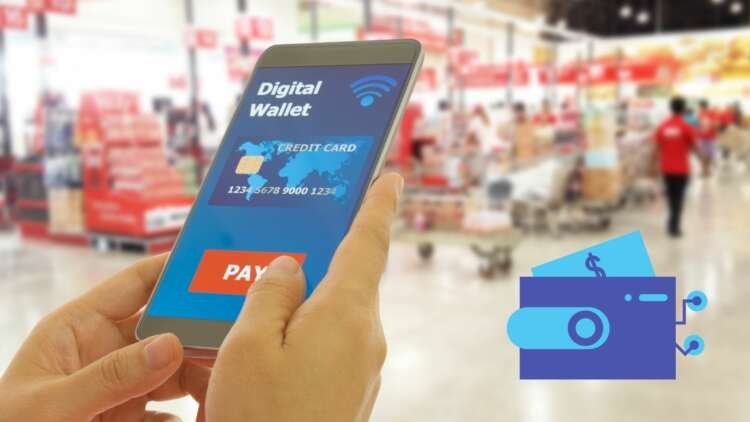Banking
Digital wallets: The future of payments
Published by linker 5
Posted on June 14, 2021
1 min readLast updated: January 21, 2026

Published by linker 5
Posted on June 14, 2021
1 min readLast updated: January 21, 2026

Explore more articles in the Banking category











